Sober Curious and the Benefits of Taking a Break from Alcohol
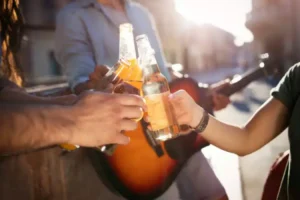
January 1 is a time when many of those people will decide to give up booze, whether for a month—due to the Dry January campaign—a year or longer. According to the research by The New Consumer/Coefficient, nearly a third of Americans plan to participate in some form of Dry January in 2025, either by cutting down or consuming zero alcohol for the month. Lee blames the pernicious nature of alcohol marketing for preying on people who may be vulnerable to addiction.
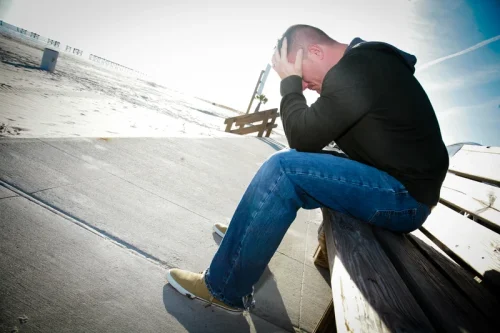
Enter the 6-digit code from your authenticator app
In one study, researchers found that participants reported less depression and improved mental health after giving up drinking for six months. The concept of “Dry January,” when people pledge to abstain from drinking for the month of January, following the holidays and any excessive celebrating, may be the first time the idea had a name. Generally speaking, someone who is sober curious is reconsidering their relationship with alcohol—taking a look at why, when, and how often they drink. The program has had flak from critics who point out many participants go back to their old ways when Dry January comes to an end. A 2023 Morning Consult poll found 22 percent of drinkers planned to take a monthlong pause from drinking that year, with 3 in 10 expecting to consume less alcohol than they had the year before. Drinking alcohol in any amounts—yes, even in moderation—can negatively impact your health.
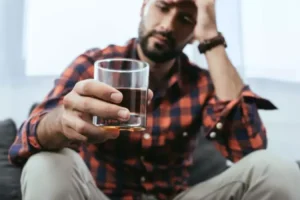
Better mental health
Being sober Sobriety curious is about reflecting on what impact alcohol has on your life. Some people may choose to give up drinking entirely for a specific amount of time (such as the month of January, or “Sober October”), or they may choose to reduce the quantity of drinks consumed in a given time frame (say, drinking two beers a week instead of four or five) or opting for lower-alcohol options. Some use it as a way to be more creative in their downtime, either looking up or creating mocktail recipes to try or seeking out new ways to engage with friends that aren’t centered around a bar. Whatever the reasons for taking a break from alcohol, studies have shown there are a great deal of benefits. And that’s one of the things that can make a break from alcohol a success! Finding a buddy, or even a sober social group, can help you feel like you’re engaging in your social circle without feeling pressured to drink.
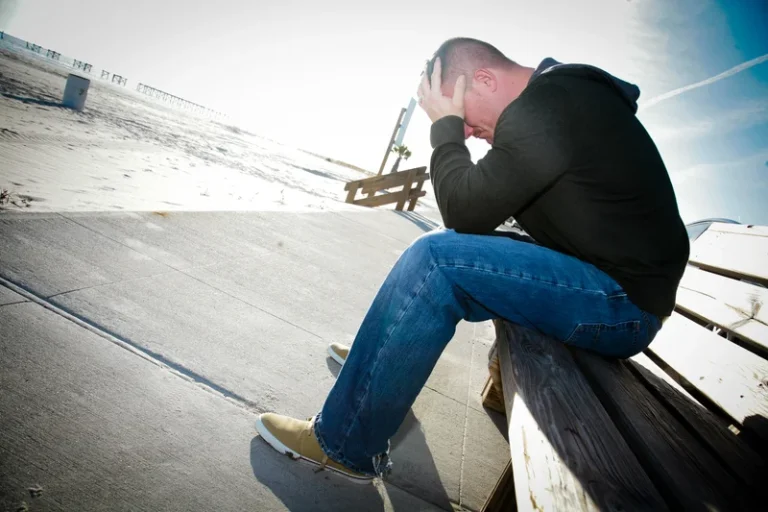
Children with Developmental Challenges and Social Media
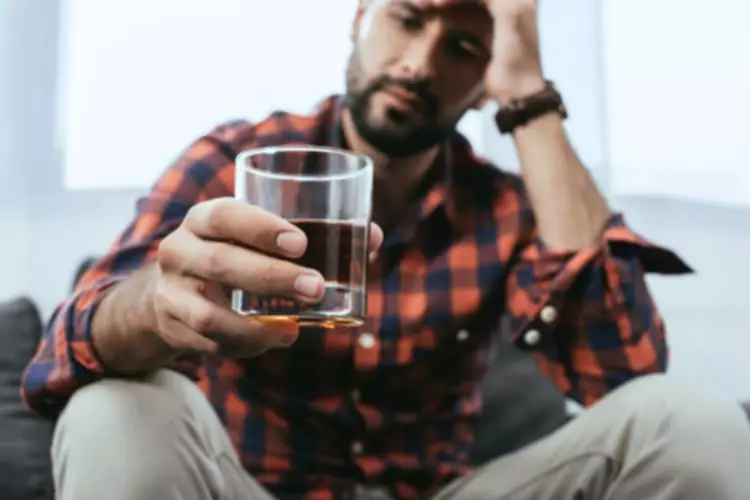
“Missions are one of the most powerful parts of the app, and that’s where people basically take on a challenge, something they would normally do where they consume alcohol. They just have to do it once without alcohol, just to see what it’s like. Numerous studies have researched the ways in which alcohol disrupts our sleeping patterns. Generally, while alcohol can have a sedative effect being sober sucks at first, helping you fall asleep, it typically results in poor quality of sleep. Participants in Dry January or other temporary sober periods noticed an increase in their quality of sleep. Edge said Hekate, while not a pickup joint, is popular with first dates, as the lack of alcohol makes it easier for people to avoid bad decisions. Some patrons “pre-game” there before heading to a bar, while parents like going for a mocktail with youngsters.
Even Alcohol Change boss Piper said he has the occasional tipple—although he said he too, like McCarthy, wouldn’t be toasting the new year with booze. He was a regular drinker when appointed CEO of the charity in 2017 and reassessed his relationship with alcohol during his first successful Dry January, in 2018. But it wasn’t until he was clearing out his T-shirt drawer the following year that he noticed how booze had been such a large part of his identity. One of the toughest things for McCarthy was navigating work or social events without a drink.
- Some people may choose to give up drinking entirely for a specific amount of time (such as the month of January, or “Sober October”), or they may choose to reduce the quantity of drinks consumed in a given time frame (say, drinking two beers a week instead of four or five) or opting for lower-alcohol options.
- Some use it as a way to be more creative in their downtime, either looking up or creating mocktail recipes to try or seeking out new ways to engage with friends that aren’t centered around a bar.
- Describing the reasons for this planned decline, 47 percent said they wanted to do it for their physical health, 32 percent to live longer, 24 percent to lose weight and 23 percent for their mental health.
- We welcome anyone who wishes to join in by asking for support, sharing our experiences and stories, or just encouraging someone who is trying to quit.
- McCarthy, 28, decided to reassess her relationship with alcohol after years of stopping and starting once she graduated from college, where she met her husband, product manager Luke, 27.
- “America also has the biggest distinction of people who do a DIY version of trying to go dry on their own versus people joining the program,” Piper added.
Genius is the world’s biggest collection of song lyrics and musical knowledge
He pointed to statistics from the book Paying the Tab by economist Philip J. Cook, who found 80 percent of all alcohol in the U.S. is consumed by just 20 percent of the drinking-age population. Since the 1940s, roughly 60 percent of Americans have said they drink occasionally, according to analysis by The New Consumer/Coefficient Capital, a statistic that has stayed consistent until today. But that stat is beginning to drift downward, with 26 percent of Americans polled saying they planned to drink less in 2025. Describing the reasons for this planned decline, 47 percent said they wanted to do it for their physical health, 32 percent to live longer, 24 percent https://ecosoberhouse.com/ to lose weight and 23 percent for their mental health.
- For others, trying to take a break from alcohol may lead them to recognize that drinking has a stronger hold on their day-to-day life than they realized.
- “I always thought, well, I need to have a drink to be able to socialize, but it’s been a really fun challenge to be able to go to these events without drinking and seeing what I would do naturally to socialize with people,” she said.
- The concept of “Dry January,” when people pledge to abstain from drinking for the month of January, following the holidays and any excessive celebrating, may be the first time the idea had a name.
- Over that short period of time, he has seen the market mature significantly to include what has been dubbed the “sober curious” crowd, especially among younger generations.
- The Brown University Health Blog Team is working to provide you with timely and pertinent information that will help keep you and your family happy and healthy.